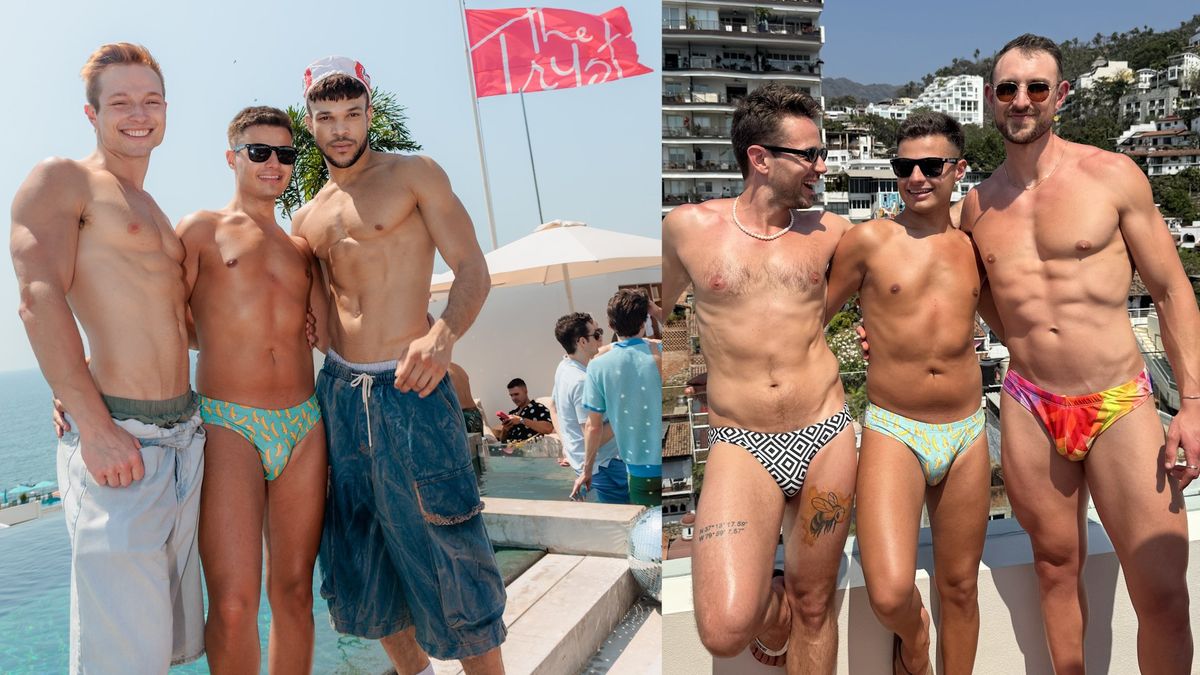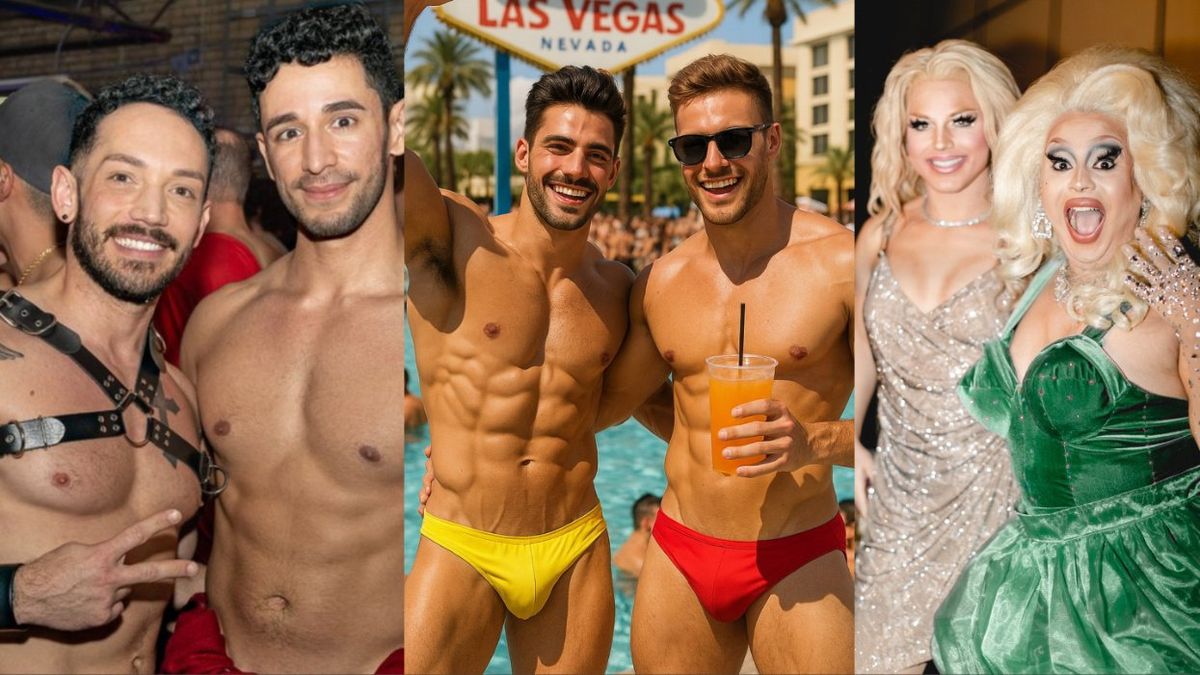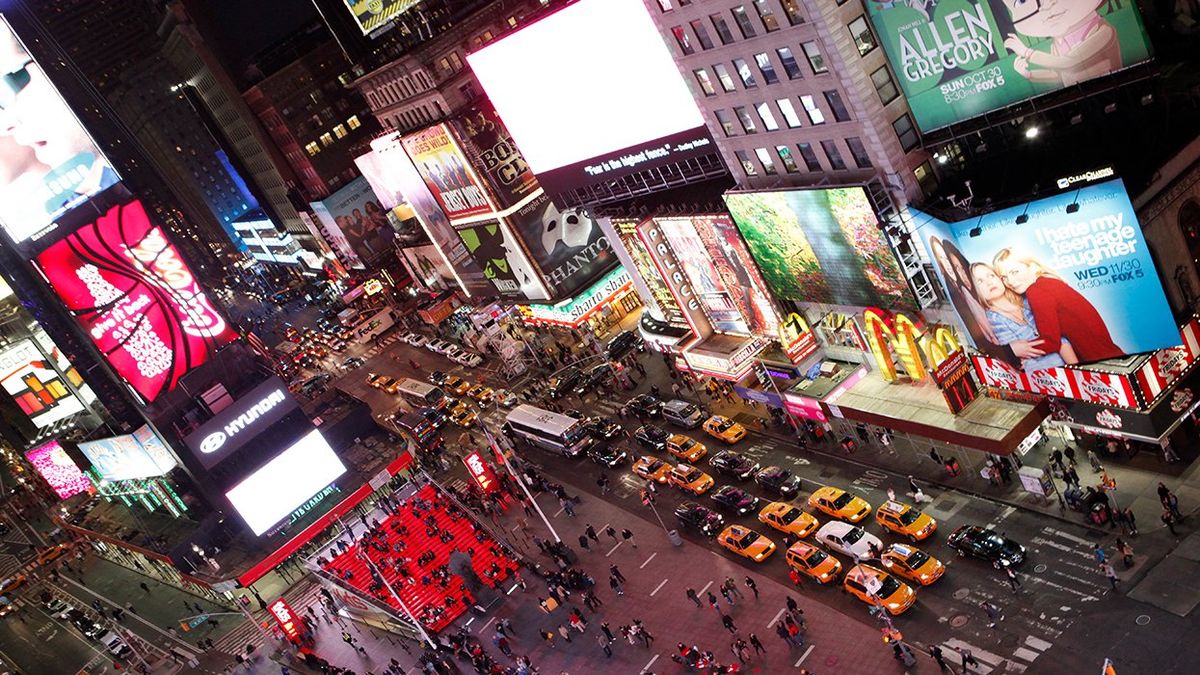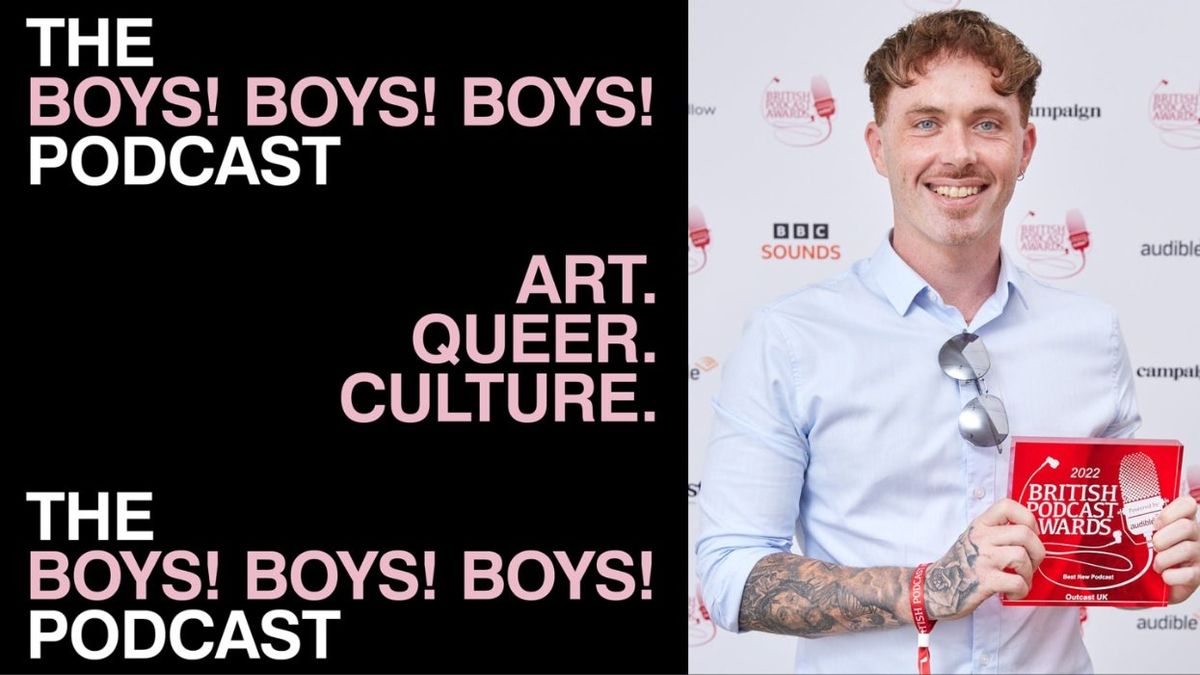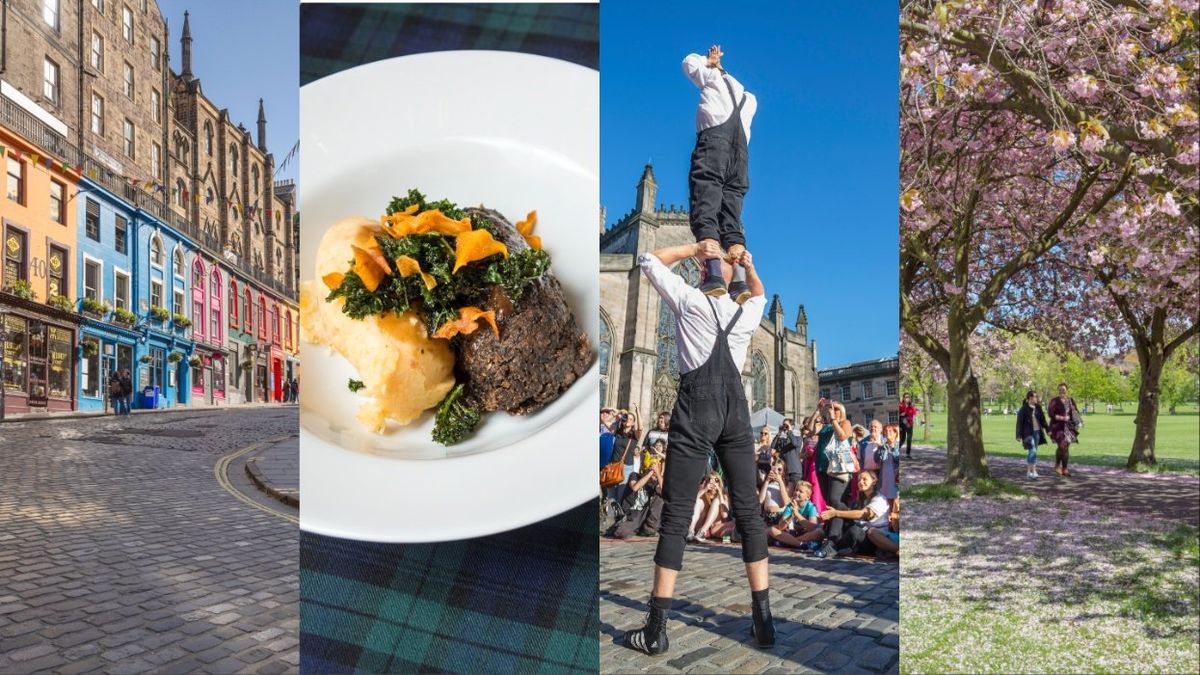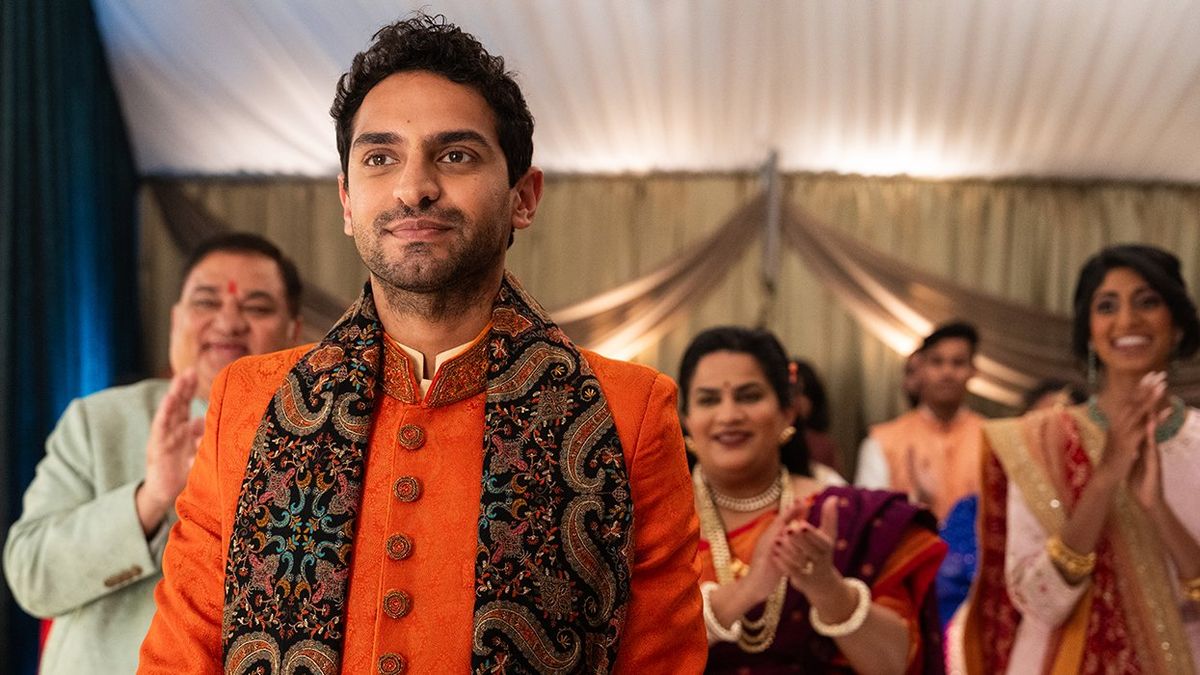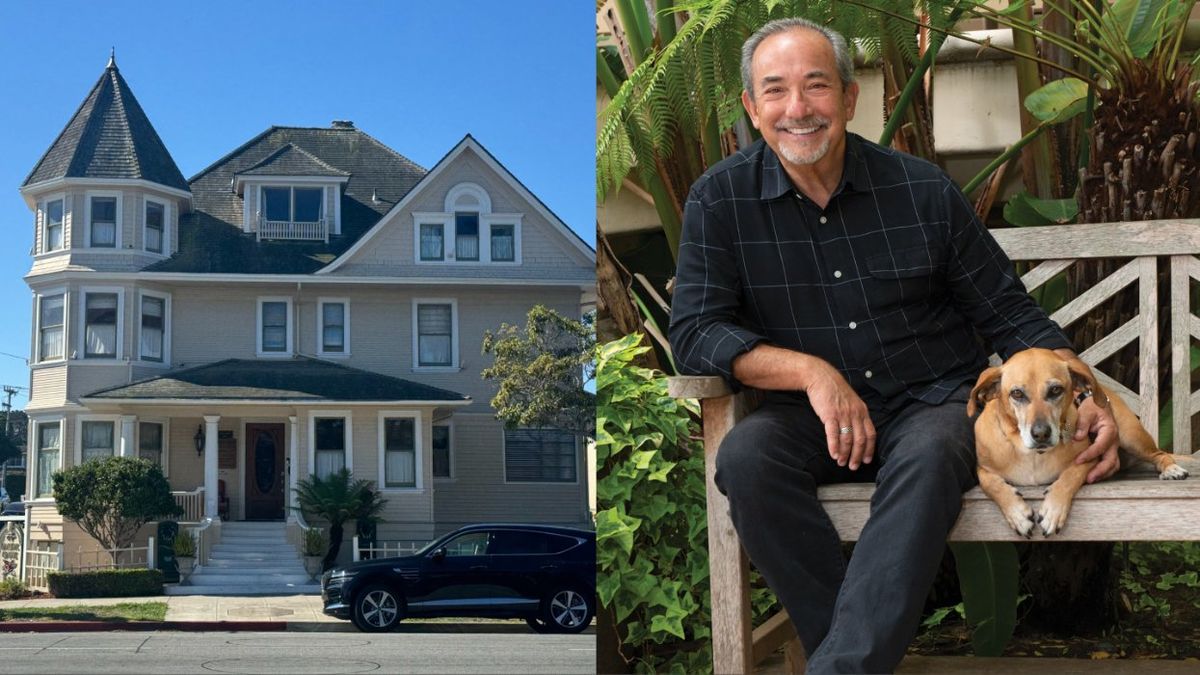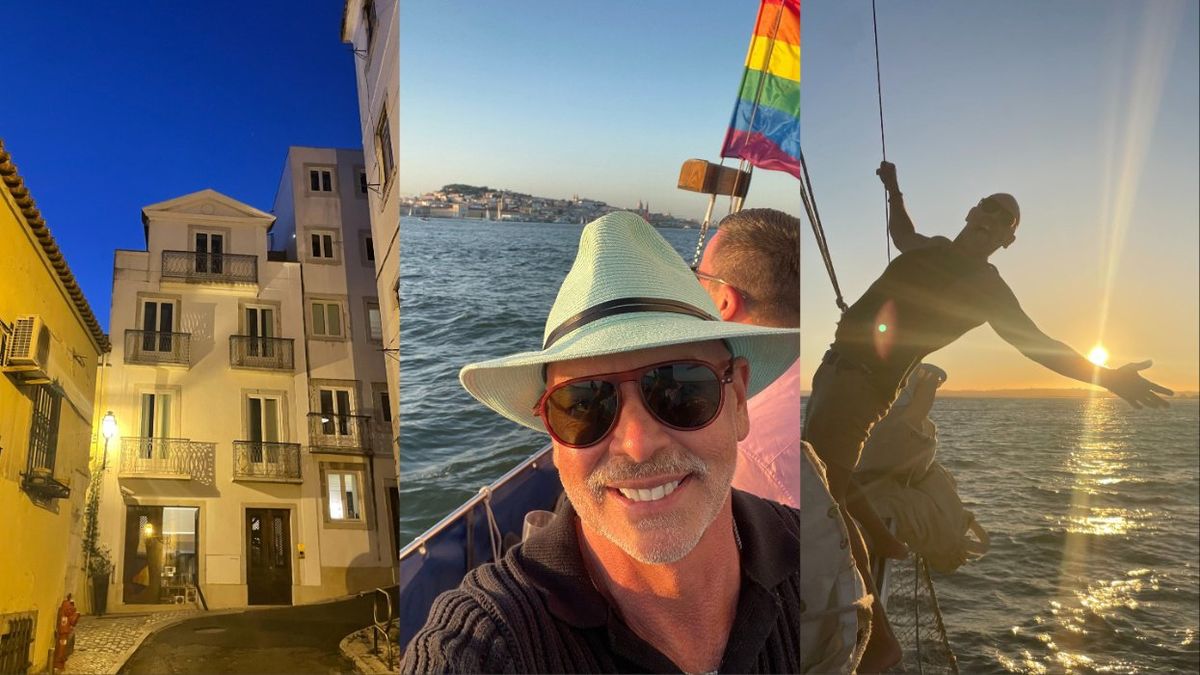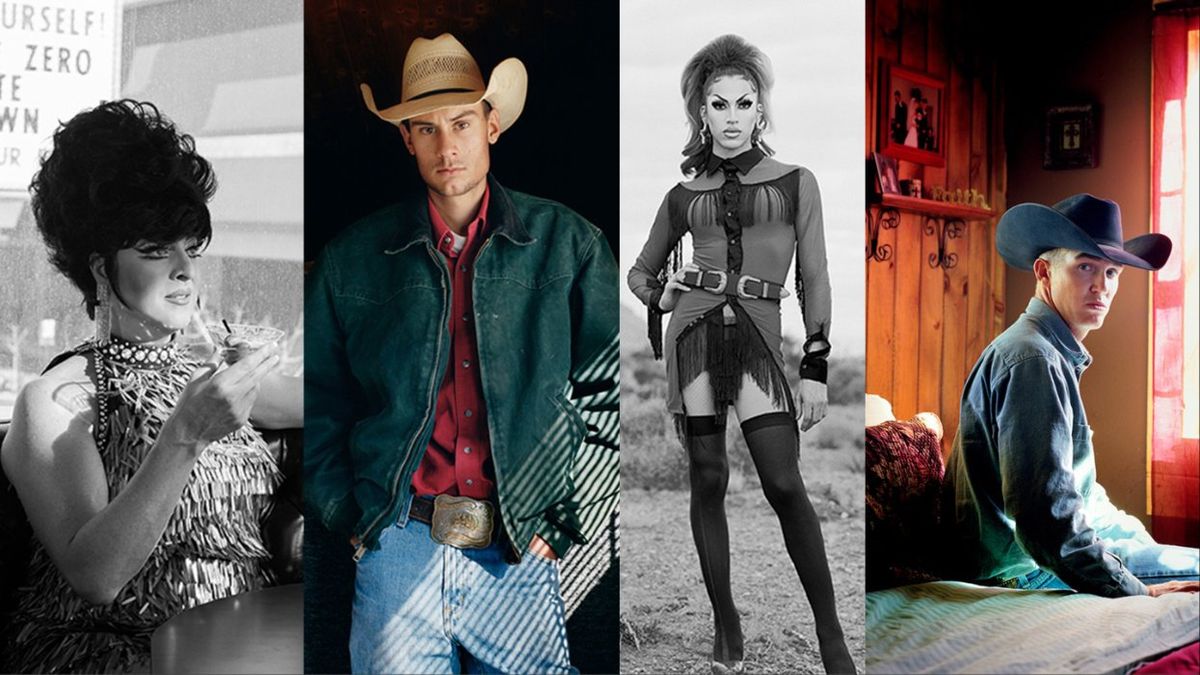Photo via Facebook/Australian Marriage Equality, courtesy of Same Love Photography
One of the biggest news stories in Australia this month was about a heterosexual married couple. Go figure, right?
A straight married couple received front-page attention for their bizarre decision to divorce should same-sex marriage be legalized in Australia. As news about the fight for marriage equality in Australia goes, the histrionics and antics of a misguided married couple took centre stage.
The only relief came when their decision was widely (and thankfully) mocked by most of the media, as the sanctity of their marriage was seen as less important than making national headlines. Nick Jensen, a proud husband who lovingly posed with wife Sarah for a newspaper snap, wrote an op-ed to his local tabloid saying, “gay law change may force us to divorce”. While the pair plans to continue living together and procreating after their “divorce,” they refuse to stay united in wedlock should marriage equality be written into Australian law. The Jensens assert that “marriage is not a human invention” and is “a fundamental order of creation”.
Many in Oz have panned the couple’s decision. A number of Facebook events have actually been established to celebrate the pair’s looming divorce. (I myself am planning to attend a few.) One clever critic of the Jensens actually created a Grindr profile of Nick Jensen. As a new bachelor, Nick is eager to “explore [his] gay side”. (And, yes, in case you were wondering Nick is apparently an eager-beaver to bottom.)
For many of us fighting for marriage equality in Australia, this news story acts as an important, if incendiary, incentive to continue this long and arduous battle. We need to drown out people like the Jensens, who benefit economically, legally, and socially in Australia from their marriage. We want our government to see and recognize the importance of legalizing the unions of same-sex couples and offer the same civil and legal rights as our straight neighbours.
While many of our neighbors and allies, including New Zealand and, most recently, Ireland, have introduced legislation to support the rights of LGBT citizens to marry, Australia remains at a standstill.
Although there is increasing visibility of the LGBT community is Australia, there is also a growing backlash against marriage equality, stemming from the conservative and religious side of Australian society. Recently anti-same-sex marriage leaflets were distributed in Catholic high schools across Australia. These pamphlets were given out to schoolkids and parents at a time when the opposition government in power made a move to introduce a bill to vote on the definition of marriage in Australian law. Later that week, the majority of conservative ministers from our government in parliament struck down the bill.
The homophobic backlash continues elsewhere. Earlier this year, a number of television commercials were shown on mainstream primetime networks showing “concerned” parents airing their fears on same-sex marriage. These parents were filmed in parks and shopping malls, arguing that children raised in same-sex homes would lose the apparent “emotional” and “psychological” benefits of the white-picket heterosexual nuclear family model. Not since the 1980s has Australia seen such blatantly homophobic TV ads, when “Grim Reaper” commercials aired warning the straight community about the dangers of the HIV/AIDS virus—the “Grim Reaper” was seen to represent gay men.
There were positive signs that same-sex marriage could be potentially legalised in Australia in 2013, but that was quickly struck down by the new conservative ministers voted into power. In one Australian state, Australia’s Capital Territory (ACT), same-sex marriage was briefly passed into law. It was an exciting and jubilant time but other members of government were able to get the bill moved through the Australian High Court where the law was reversed, on the grounds that it was “inconsistent with Australia’s Marriage Act”. The brief success we saw in one Australian state evaporated sooner than it had begun. Only 31 Australian citizens were married in the five-day period the law was active.
What has frustrated many Australians is that more and more Commonwealth or former Commonwealth nations, including the UK, Ireland, and New Zealand, have successfully introduced equality measures. Why does Australia continue to lag behind New Zealand in protecting its LGBT citizens and dignifying our unions with the legal entitlements given to straight couples? Only this week, we learnt that of all the British consulates in the world, Australia is the highest for same-sex marriage ceremonies. Given that British citizens are granted the legal entitlements of their home country, many dual-citizens based in Australia have flocked to their local British consulate to be married. What’s more, a number of travel agencies have packaged travels trips for LGBT Australians to fly to New Zealand to get married.
The ironies are everywhere around the issue of marriage equality, especially in our Prime Minister Tony Abbott’s attitudes towards it. In 2010, Abbott said he was a “bit threatened [by homosexuals]”. The Prime Minister has since retracted his comment and has said that he has “grown” in his views on LGBT Australians and is no longer “threatened” by us. What was not made public at the time was that Tony Abbott’s sister Christine Forster left her husband of 19-years and began a relationship with a woman she met at her child’s school. This, Tony Abbott, has said is what made him threatened by the LGBT community, apparently. What Abbott has also revealed since the story was made public, and later discussed on the Australian version of 60 Minutes in an interview with both Abbott and Christine, is that he struggled to reconcile his sister’s decision to end her marriage with her husband and begin a new relationship with a woman.
Prime Minster Tony Abbot has been described in the media as “a politician vociferously opposed to same-sex marriage and steadfastly denying the right of his parliamentary party members to take a conscience vote on the matter.” The fact that even his sister’s decision to marry her long-term partner has not swayed his decision demonstrates his commitment to the antiquated Australian definition of marriage as between “one man and one woman”. (Incidentally, Australia’s Marriage Act dates from 1961.) And yet, Abbott is apparently planning to attend the ceremony between her sister and her long-term partner. Once, he thought “… the cohesion of our family was threatened at that time.” It seems that Abbot has come to terms with not only his sister Christine’s sexuality but also her decision to marry – although not enough to let her do it while he is in power.
But Australians are not deterred. Events are being staged across Australia’s major cities, demonstrating the ongoing passion Australians from all walks of life have to change our 1960s laws. Equal Love, a national campaign for marriage equality in Australia, is helping run regularly marches and protests to continue to put pressure on our government as well as to help keep the fight loud and visible in the media.
More recently, the leader of the Australian opposition party Bill Shorten, introduced a marriage equality bill to Australia’s Federal Parliament. The bill proposed to change the words in the standing law from “man and woman” to “two people.” However, Tony Abbott and his cronies in power did not support the bill. The bill has since been adjourned and will be reviewed later in the year. What prompted the Shorten to introduce the bill was Ireland’s recent decision to legalize same-sex marriage through a popular vote. If Ireland, which is a more religious and largely Catholic country, can introduce marriage equality why can’t Australia, which is comparatively more progressive and less Catholic? I mean, homosexuality was only legalized in Ireland in 1993 with divorce following later in 1996.
We remain optimistic about marriage equality in Australia. Popular opinion on marriage equality is shifting in our favour – and the polls are showing it. A 2015 poll found that a record high 68% of Australians supported gay marriage. Although it’s proving difficult to persuade our government to advance, we won’t stop working to see equality enshrined in law.
Nathan Smith is a freelance writer based in Melbourne Australia. His writing has appeared in Out, The Advocate, and Salon. Nathan tweets @nathansmithr and maintains a website at nathanrsmith.co.

















